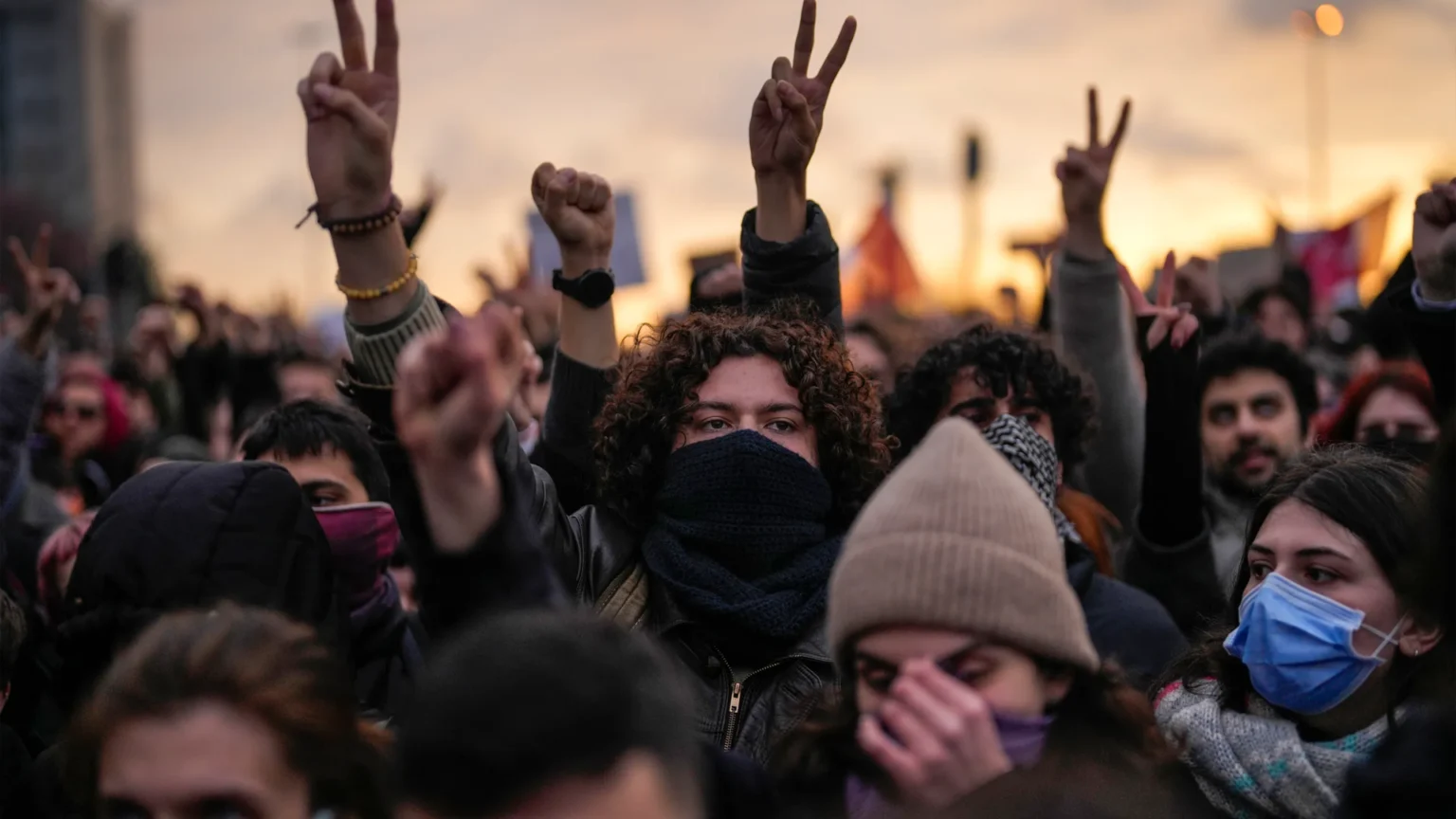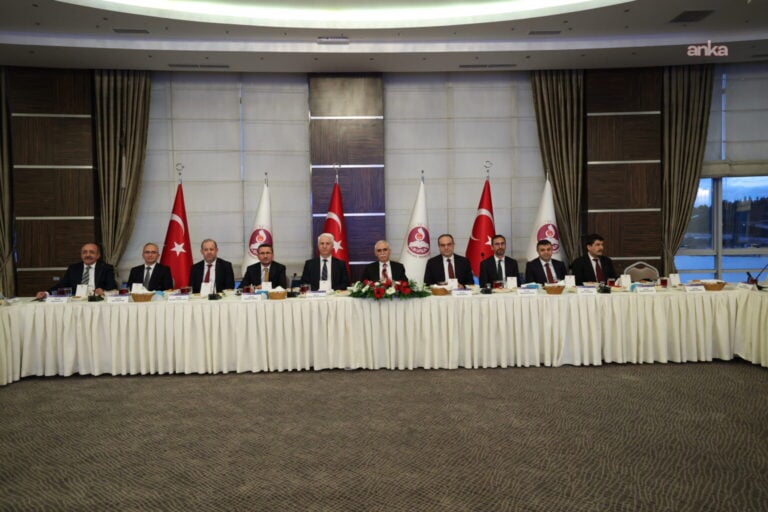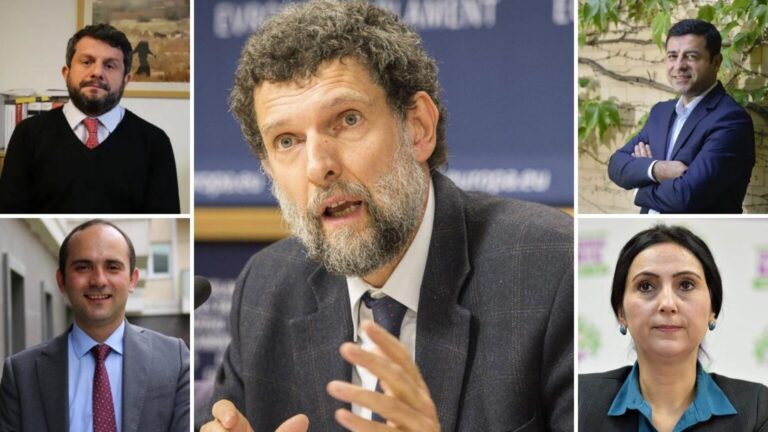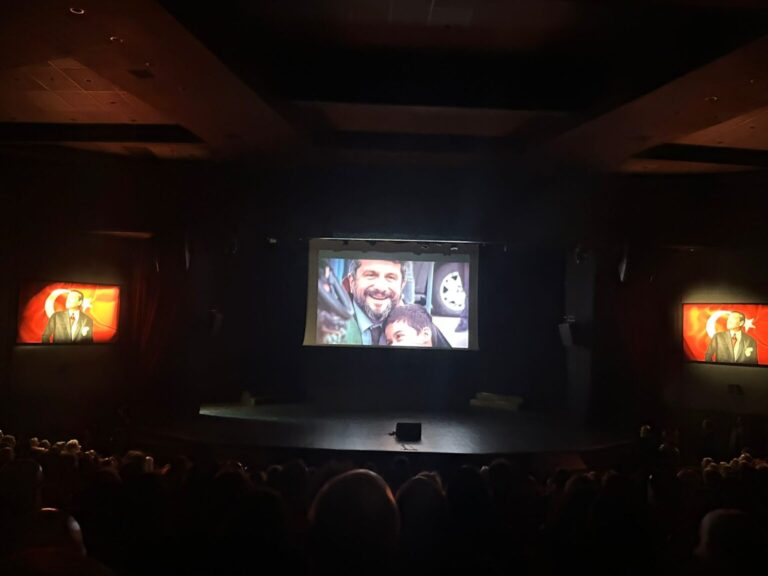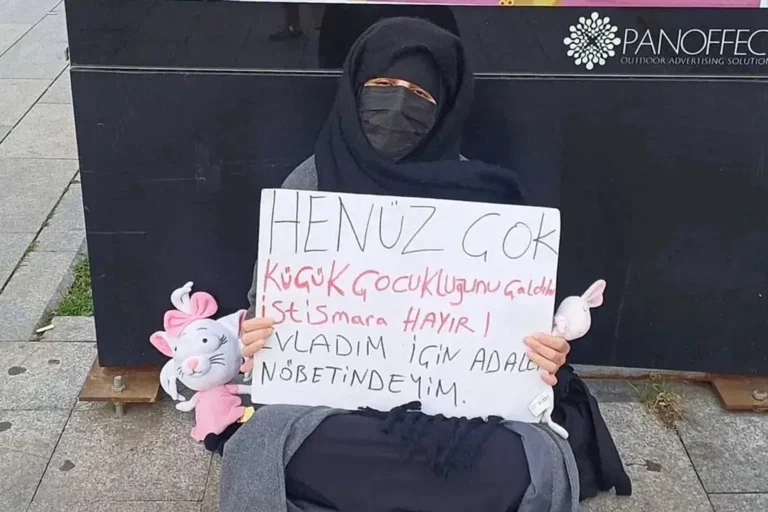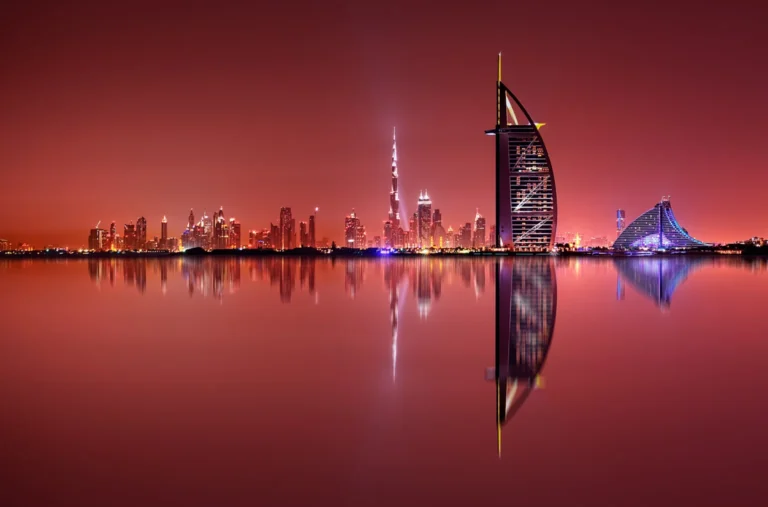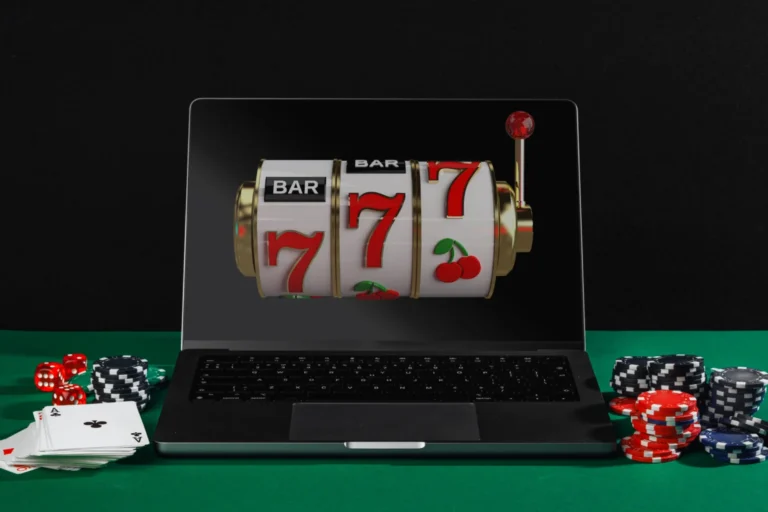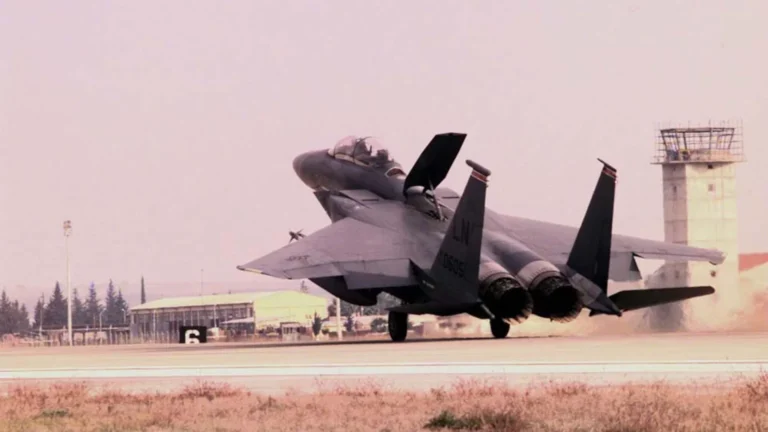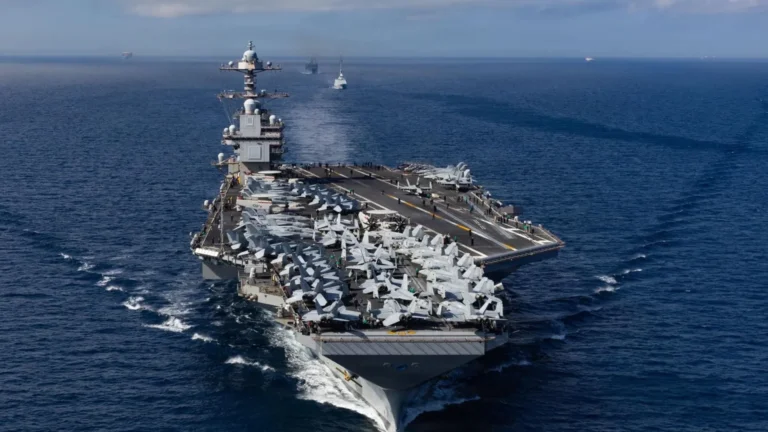Can Atalay, a former member of the Turkish Parliament imprisoned at Istanbul’s Silivri Prison, spoke to Medyascope regarding recent political developments in Turkey since the March 19th arrest of Istanbul Mayor Ekrem İmamoğlu.
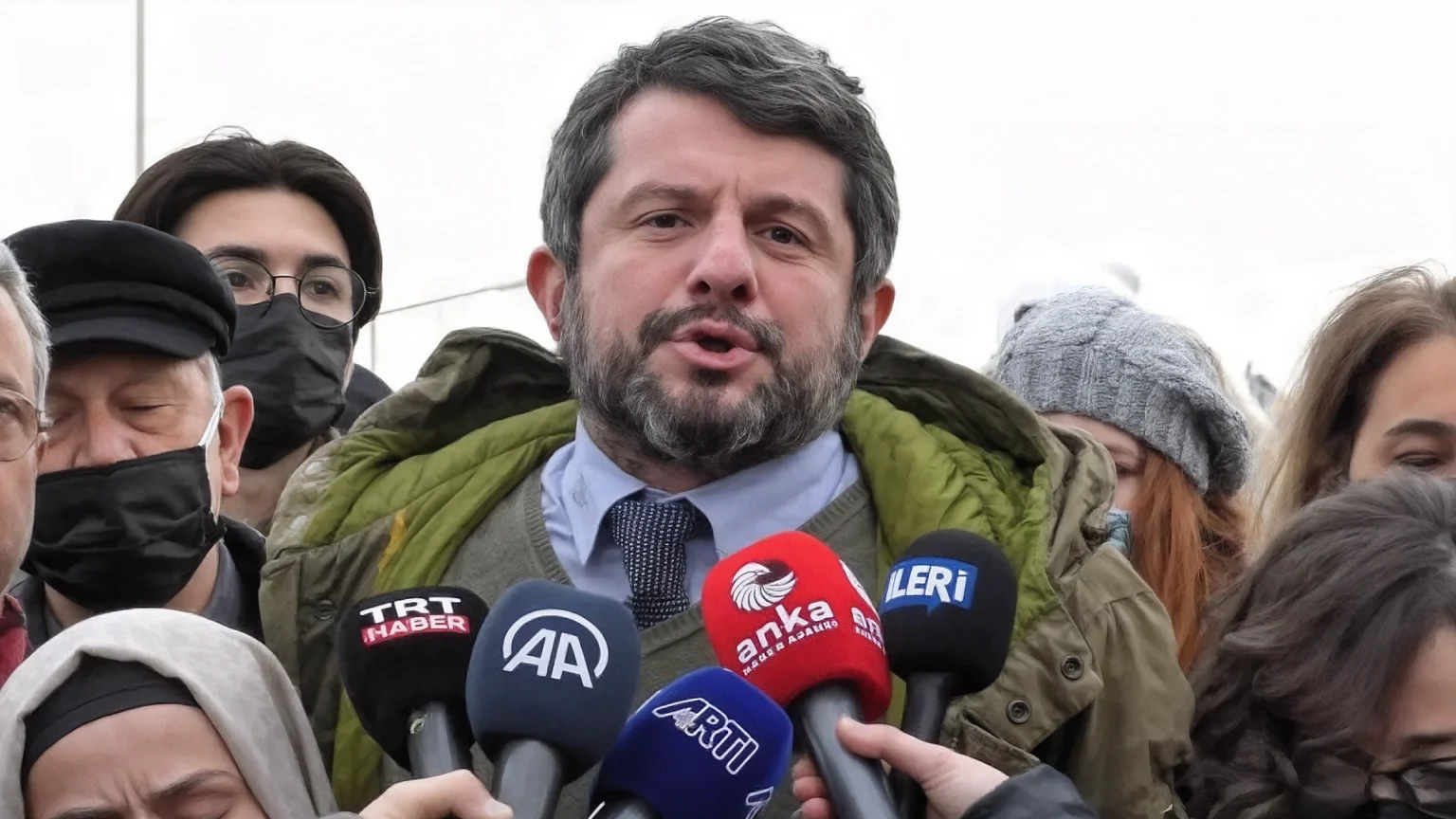 |
| Imprisoned MP Can Atalay speaks to Medyascope |
Atalay’s case plunged Turkey’s judiciary into a constitutional crisis in late 2023 after the Constitutional Court ordered his release on the grounds of his May 2023 election victory. A competing ruling from the Turkish Court of Cassation ordered that Atalay be stripped of his parliamentary status, which was carried out in early 2024.
Prior to his election victory as a representative for Turkey’s Hatay province from the Turkish Workers Party (TİP), Atalay had been imprisoned since 2022 due to his involvement in 2013’s Gezi Park Protests.
- How are you? How are your days in prison?
It’s been said that prisoners should sleep, read, and eat.
I’m following that advice.
But I ate a bit too much of the bad, fatty food; I’m trying to cut back :)
Thankfully, there’s a constant stream of visitors during the day. Naturally, I keep a busy schedule of reading books and newspapers, keeping up with daily developments, taking notes on important topics, receiving letters and replies… The “garden” walk, an essential part of prison life, and occasional exercise…
Improving the food, inventing supplementary food…
As you can see, we work a busy schedule within four walls, as if “the unemployed have plenty to do.”
- Many mayors and bureaucrats are currently imprisoned in the prison. Can you see them? Can you talk to them?
You can essentially see other prisoners in the lawyers’ meeting area and speak loudly for a very short time.
If we encounter them on the way to the mentioned location, a few words of greeting are exchanged. That’s all. But in those brief moments of encounter, you appreciate the immense value of a greeting, a wave, and a smile.
“Detentions and arrests have become political tools”
- From an insider’s perspective, how do you evaluate the arrests of the mayors?
It’s what the government does to maintain its power. Just as war is the continuation of politics with weapons, arrests and detentions have also become a continuation/extension of politics. They have now become a useful political tool.
That’s how the broader society sees it. The government is aware of this perception. But it doesn’t care. It’s focused on results. Its priority is to exhaust, wear down, and subjugate the public opposition with this method. Public consent isn’t really on its radar at the moment.
However, fortunately, there’s a “but”: things aren’t progressing as planned. The public opposition is resisting and doesn’t seem willing to yield.
- The non-implementation of Constitutional Court and European Court of Human Rights (ECHR) decisions is recurring not only in your case, but also in political cases like Demirtaş and Kavala. In your opinion, how is the judiciary used as a tool for the government’s monopoly?
The question states that the judiciary is “under the government’s monopoly.”
In other words, not even in its “influence,” but in its “monopoly”…
This is a disaster! And I believe Turkey will not fit into this straitjacket.
For now, their only agenda is to remain in power!
All available tools are dedicated to this.
During the coups of March 12, 1971, and September 12, 1980, “torture” was used to suppress and intimidate social opposition. Today, disregard for the law has become a tool for intimidating the opposition.We describe our legal situation as “unconstitutional.” There is no existing Constitution at the moment. Consider this: according to our Constitution, the “appeal for individual rights violations” begins precisely after the court’s decision becomes final. From the parliamentary podium—and a lawyer by profession, to boot—one can declare that the Supreme Court has concluded the matter.
Well, doesn’t the person who says this know the truth? He certainly does. But he has to say something, and whether what he says is true or false is irrelevant. “The Constitution, the Constitutional Court… we don’t recognize it, that’s all!”
“In the Saraçhane protests, we overcame our fear”
- Since the Gezi protests, the government has systematically attempted to criminalize taking to the streets, and in many ways, it has been successful. Did the Saraçhane protests change this? Do you think the Republican People’s Party (CHP)’s stance on this issue influenced the masses?
Our people were looking for an opportunity to speak out.
Citizens—especially student youth—who responded to CHP Chairman Özgür Özel’s call on March 19th have once again enabled a wide range of people to overcome the ‘wall of fear’.
Unlike the Gezi Park Protests, they are directly supporting the call for a new government. The societal opposition’s ability to assert itself strongly in public spaces, to express itself however it wishes, and most importantly, to insist on it, which the government has tried to prevent since Gezi, appears to have become permanent.
It is important that the CHP’s concrete calls—for example, against the March 19th arrests—call the societal opposition to Saraçhane. Without this concreteness, an impressive totality would not have emerged; there would have been a danger of them remaining fragmented statements.
- How do you keep your hope alive when the pressure on all elements of the opposition grows daily?
“Propel hope/Soothe despair” is always on our minds.
What hasn’t happened before in our country? What remains is resistance that reminds us of our humanity when we read about it. A sense of history keeps hope alive. I think the question shouldn’t be “what will happen,” but “am I doing my part under these circumstances?” When your priority is “to emerge from this process with your head held high,” no matter what you’re going through, the rest becomes a non-issue.
“The youth have become a source of strength and inspiration for us”
- Following the Saraçhane protests, younger generations are following you closely. What would you like to say to them?
I thank them for embracing our country wholeheartedly.
If this is truly the case, our responsibility is even heavier. I feel a great sense of responsibility towards a young person who feels responsible for their country and engages in democratic activism, fully aware of the cost. I, too, am closely following the “young people.” Let them know that they have been and continue to be a source of morale and strength for us.
I send my love to them all.
“The PKK disarmament call is important”
- 10) What are your thoughts on the “Terror-Free Turkey” process?
As a citizen unjustly and unlawfully imprisoned, and moreover, as a citizen elected by the votes of the citizens and currently required to serve as a legislative and oversight body in Parliament according to the Constitution, I would say the following:
From the very first day, I have unwaveringly found the disarmament call from [PKK leader] Abdullah Öcalan significant. The removal of weapons from our social and political life is extremely beneficial. It is a significant development for our country and our region. We must hold fast to this and do everything possible to ensure it continues in a positive direction. Based on this approach, I am trying to evaluate developments and develop a stance on it.
What makes me optimistic about the “process” is primarily Kurdish politics’ commitment to “weapons-free politics.” This commitment initiated the process and I see it as a guarantee of its continuation.
How is the government acting upon this commitment? In my opinion, all the signs point to the government using this process as an opportunity to consolidate its own power. While the government is clamping down on societal opposition western Turkey, it is seeking to broaden its power in eastern Turkey.
We must be vigilant against the government exploiting and disrupting the process. At the same time, despite the government’s possible designs, we must recognize the potential for progress in this “process”.
Certain points deserve attention.
1. Both the government and the opposition must act in accordance with the requirements of the “process.”
2. Democratization is essential to this process– it cannot progress without democratic steps.
3. “Law” is the first requirement of peace. Laying down arms, letting those militants in the mountains return, and guaranteeing the gains of the process cannot be achieved without law, without “laws.”It appears that if the government acts responsibly, the path to the “process” is clear. The public support to take it to the next level is readily available. What will cast a shadow over the “process” and create hesitation is that the government seems intent on using it as a tool to consolidate power
Written/translated for Medyascope by Leo Kendrick


